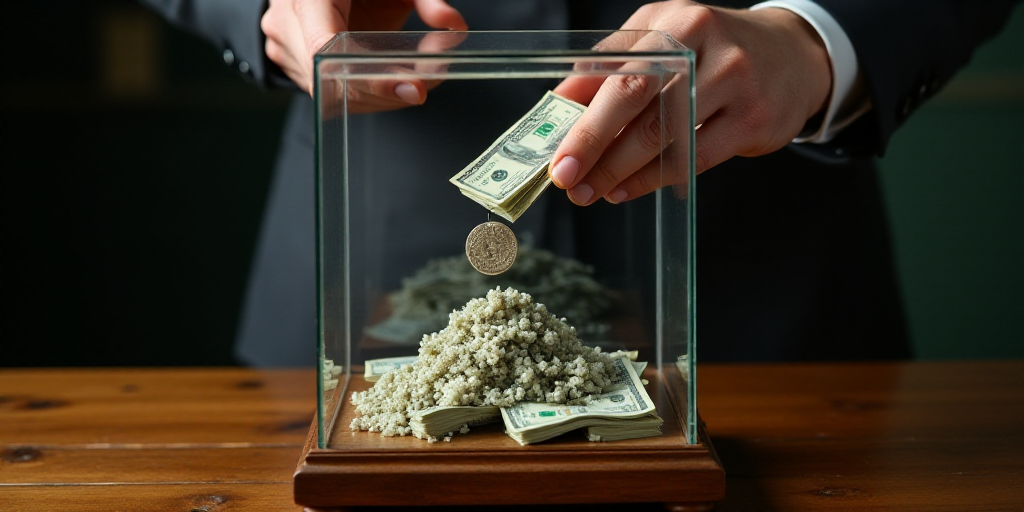Since the Bretton Woods Agreement of 1944, the U.S. dollar has held the position as the world’s reserve currency, representing 54% of official global reserves by the end of 2024 according to the International Monetary Fund (IMF). The euro follows in a distant second place with 19%. This article explores the possibility of the euro replacing the dollar as the world’s reserve currency.
Understanding Reserve Currencies
A reserve currency is widely used by foreign central banks for international transactions. Historically, money was backed by valuable assets, but today we use fiat currency—essentially paper with a legal stamp.
The Value of Paper
Money is any asset that can serve as a store of value, medium of exchange, and unit of account. Its value depends primarily on the confidence that others will respect it. For example, handing over a signed piece of paper instead of money to pay for coffee would likely displease the barista. However, if that piece of paper were autographed by Tom Cruise, its value would be significantly higher than a cup of coffee.
Similarly, national currency value depends on an official seal, but it doesn’t guarantee usage in transactions. This is why hyperinflation erodes a country’s currency value; why exchange a coffee for a “100 pesos” note that might only buy sugar tomorrow?
The U.S. dollar is different. Anyone with a dollar knows it will be accepted in most countries for goods or currency exchange in secondary markets. Due to its widespread use and acceptance, many investors and ordinary citizens prefer holding their money in dollars. However, this will only continue as long as people perceive it as the safest option.
“Exorbitant Privilege” of the Dollar
The primary advantage of having a reserve currency is that investors view your currency—and by extension, your country—as secure. This leads them to consider the debt of your government as secure, reducing financing costs and allowing for more spending and higher debt levels than other countries.
By nature, a reserve currency increases its value, creating a vicious cycle. People want U.S. dollars regardless of purchasing goods from the country, increasing its value and making it more desirable. This makes foreign goods and services (like European tourism) cheaper for U.S. citizens but more expensive for U.S. exports to others.
In the 1960s, French Finance Minister Valéry Giscard d’Estaing coined the term “exorbitant privilege” to describe this imbalance.
Can Social Norms Change?
Changing global norms is no easy task. Consider keyboard layouts; most anglophones use QWERTY, despite its accidental origin. Changing the world’s keyboards now would be costly and difficult but could lead to a more user-friendly system.
A similar force of habit applies to currencies. Until the 1950s, the British pound held this prominent role. The U.S. dollar became the reserve currency post-WWII mainly due to its position as the largest economy among Allied powers. As global confidence in the dollar wanes, many wonder if a shift towards the euro or another currency could occur.
U.S. policy is accelerating this change. Investors need U.S. dollars to buy U.S. Treasury bonds and stocks, but these transactions involve a U.S. current account deficit that the Trump administration aims to eliminate.
Read more: What if large-debt countries refuse to pay?
Realistically, global euro usage must significantly increase for it to replace the dollar soon. However, this possibility seems more likely now than three months ago.






